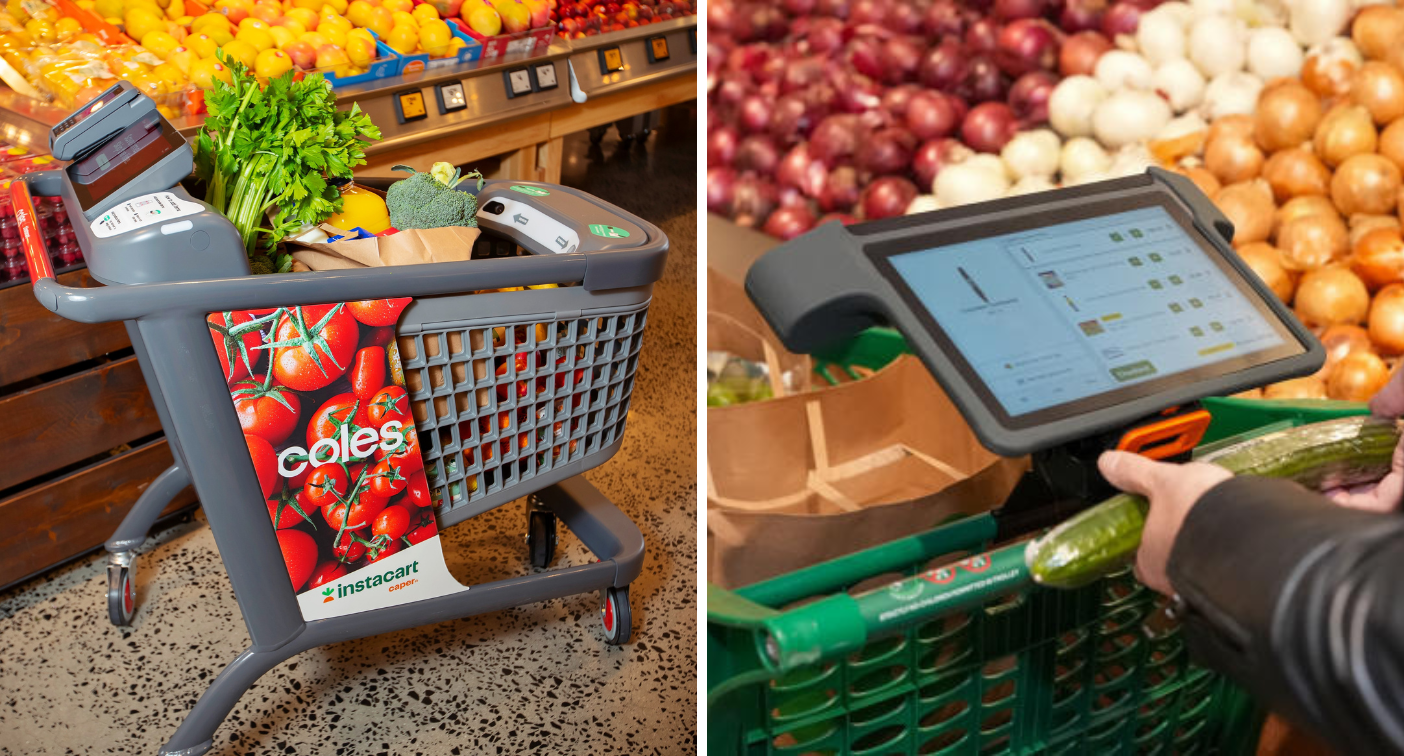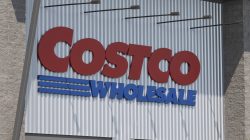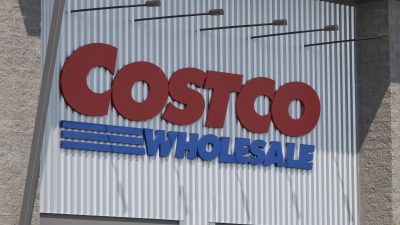When was the last time you piled all your
grocery items
on the conveyor belt so a checkout assistant could scan them? The answer is probably quite some time ago.
Queueing for a cashier used to be the only way to pay at the supermarket but things have changed quickly, and despite many customers disliking the alternatives, the
human checkout assistant
is unlikely to see a resurgence.
Indeed, Nitika Garg, an authority on consumer behavior and a marketing professor at UNSW, cautioned that in the future, we will witness significantly more
fewer humans in retail
in general.
“In Australia, we boast some of the highest minimum wages among developed countries, making it costly for retailers [to hire checkout assistants],” Garg explained.
Yahoo Finance
.
Initially, these individuals were reassigned to various tasks and stationed on the sales floor to assist customers during the transition. However, the businesses adopted a longer-term outlook. In time, they reap the rewards as customers become proficient at using the self-checkout systems independently.
RELATED
-
The $6 million expense that Coles and Woolworths shoulder, which Aldi steadfastly resists accepting.
-
$1,831 Centrelink payment change coming within weeks: ‘You’ll get more’
-
Australia’s highest-paying jobs at $125,000 unveiled due to ‘short supply’: Most Sought-After Occupations Revealed
The switch to technology in supermarkets
Saving cash is top priority here.
supermarkets
and they’ll find any trick to do it. It’s no different at the checkout and it was once as basic as giving assistants a seat.
Aldi’s research discovered that allowing staff to work while seated was beneficial.
boosted their productivity
And this meant they were more efficient at processing the 1,200 items per hour that they needed to ring up. Chairs were provided throughout the area.
But as the
tech improved
The query then was whether checkout assistants were even necessary, leading to the introduction of self-service registers at Woolworths and Coles in 2008.
How COVID facilitated the transition
As people put on masks and sought minimal interaction with unfamiliar faces,
self service
It suddenly became much more acceptable for everybody during Covid, and Garg mentioned this was when the utilization of technology truly accelerated throughout the sector.
Various sectors embraced the technology at differing speeds, however, Garg noted that there has been significantly broader adoption overall since the onset of Covid.
Coles
reports that over 60% of their clients now utilize self-checkout options.
Woolies
stated that 83 percent of customers who have 20 items or less use these services.
It’s why spots such as
Costco
and
Aldi
Those who were tardy to the scene have begun to adopt them as well. “With consumers now feeling more at ease and greater market acceptance, it also makes financial sense for these companies,” Garg stated.
Self-checkout systems were reintroduced in the US and UK.
A key issue with self-checkout systems is the
uptick in shoplifting
which has been accompanying their introduction. A
recent survey
stated that 7 percent of individuals admitted to
shoplifting at the supermarket self-checkout
and the same number (7 per cent) or 1.4 million people deliberately lied about what they’ve scanned.
But while places like
the US and UK have reported rolling back their self-service checkouts
For this reason, Garg stated it won’t occur here.
“She pointed out how our minimum wage stacks up against that of the United States,” noting “their limit for losses is significantly smaller compared to ours. Both Coles and Woolworths are increasing their technological investments instead. This has led to heightened monitoring, making it so you cannot afford even minor errors anymore. These systems are evolving rapidly.”

The rollout of
Smart trolleys
is likely to be another way to control this loss of inventory. The major supermarkets have unveiled new shopping carts which scan items on the go, speeding up the time of your shop and reducing the possibility for error.
“It will give them greater control over consumer behaviour,” Garg said of the new smart trolleys. “You’d have to really mean to shoplift as they eliminate the chance of a genuine mistake.”
Where did all the humans go?
As the tech increases and people learn how to use it, the need for humans in
supermarkets
will reduce. “People like human contact and they want help, it’s why companies like Apple and JB HiFi train their sales force to be knowledgeable but it’s not the same at grocery stores,” Garg said. “It won’t make or break your experience if [an assistant] doesn’t know where something is.”
“Before Covid there was an expectation there would be help, but now people are more used to a lower density sales force on the floor,” she went on. “The retail sector has trained customers and this will only accelerate over time.”
Garg said that some age groups will accept this going forward and that for millennials, who use tech more and have a less traditional model of social interaction, it will become very normal.
“In future there will be more tech and less customer service and we’ll see this pattern replicate across different industries,” she predicted.
Get the latest Yahoo Finance news – follow us on
Facebook
,
LinkedIn
and
Instagram
.
The article initially appeared on Yahoo Finance AU.
https://au.finance.yahoo.com/news/coles-and-woolworths-checkout-move-that-theres-no-coming-back-from-will-only-accelerate-200024253.html







